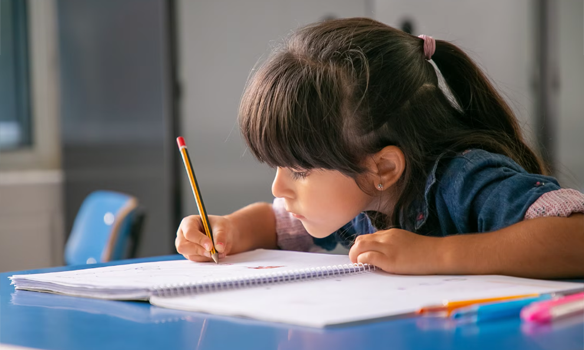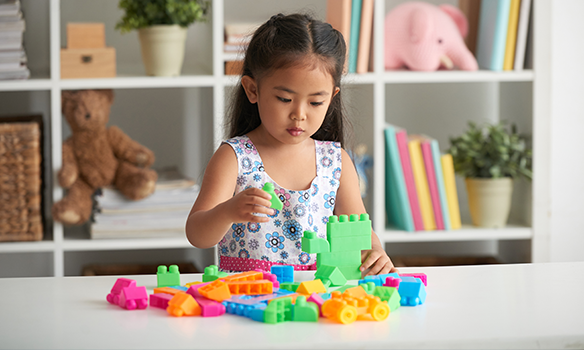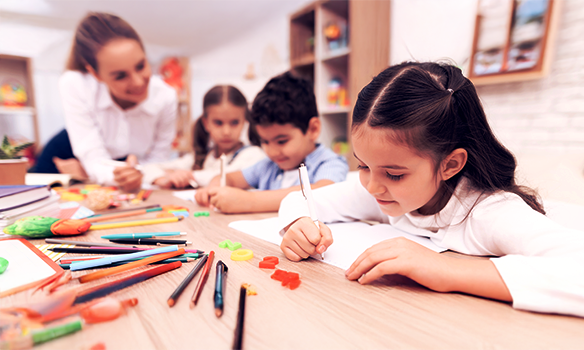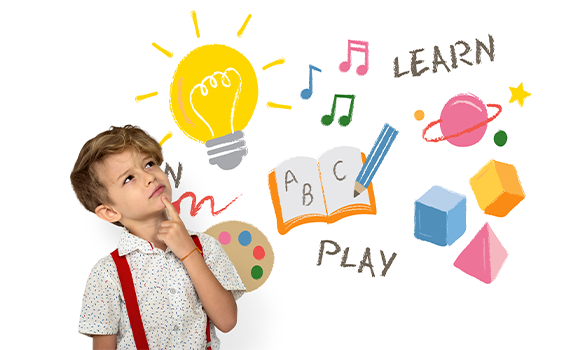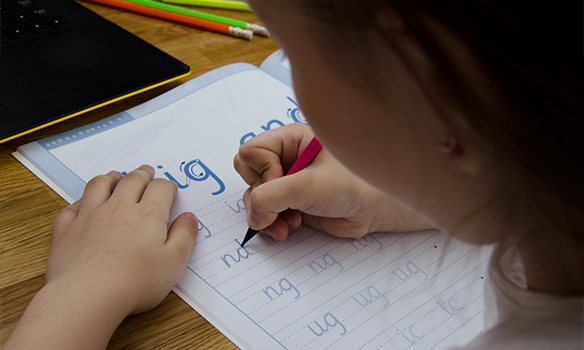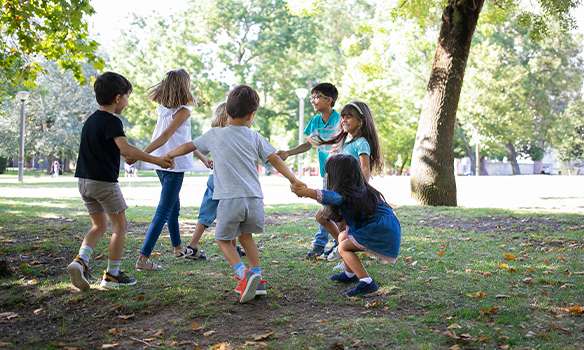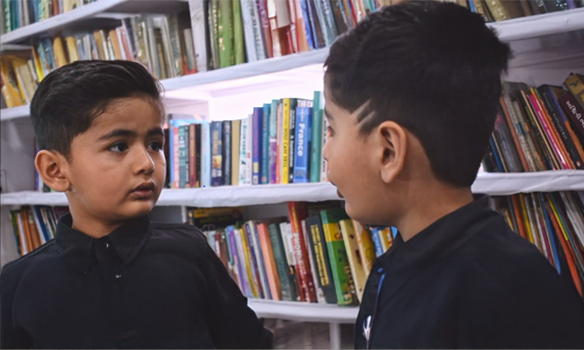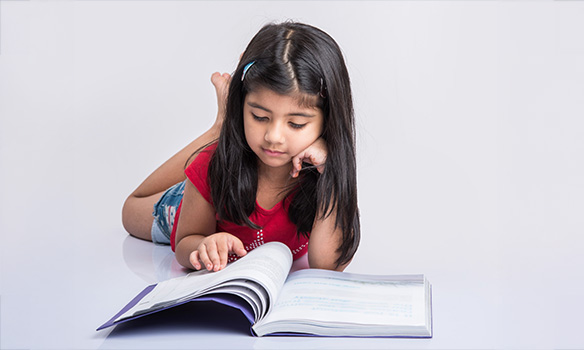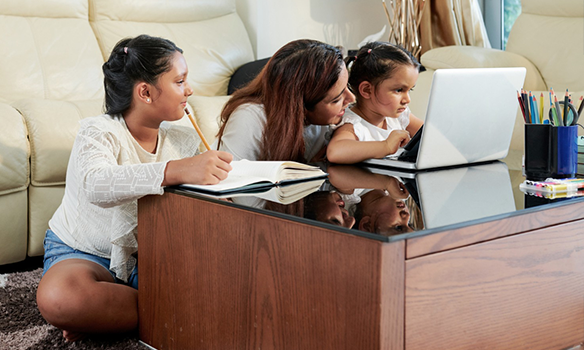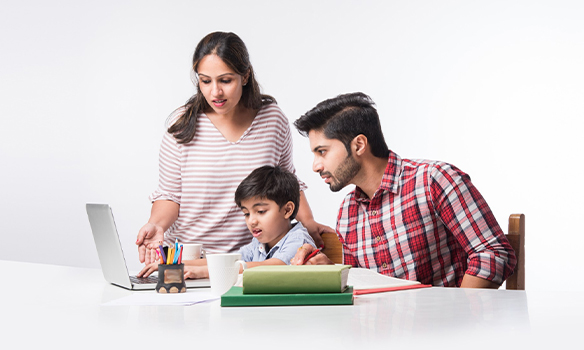Enhances Vocabulary
In a country as linguistically diverse as India, a rich vocabulary is an invaluable asset. Participating in spelling bees exposes children to a wide range of words, from everyday vocabulary to more complex terms. This not only improves their spelling skills but also enhances their understanding of language, making them more articulate communicators.
Boosts Confidence
Standing on a stage, facing an audience, and spelling words under pressure – these experiences can significantly boost a child's confidence. Spelling bees teach children the importance of perseverance and resilience in the face of challenges. Every word spelled correctly becomes a victory, reinforcing their self-belief and instilling a sense of accomplishment.
Improves Memory and Focus
Memorizing hundreds of words for a spelling bee requires intense concentration and focus. By engaging in this mental exercise, children sharpen their memory skills and learn the art of paying attention to details. These cognitive abilities are not only crucial for academic success but also for excelling in various aspects of life.
Fosters Healthy Competition
Healthy competition is essential for personal growth and development. Spelling bees provide a platform for children to compete in a friendly yet challenging environment. They learn to respect their opponents, accept both success and failure graciously, and strive to continuously improve their skills.
Prepares for Academic Challenges
Success in academics often depends on a strong foundation in language and literacy. Participating in spelling bees reinforces the importance of language proficiency and encourages children to excel in their studies. Moreover, the discipline and dedication required to prepare for spelling bees can translate into better performance across all subjects.
Cultural Appreciation
Spelling bees often include words from diverse linguistic backgrounds, reflecting the wide cultural variations. By learning words from different languages and cultures, children develop a deeper appreciation for diversity and multiculturalism. This fosters a sense of inclusivity and broadens their horizons beyond their immediate surroundings.
Opens Doors to Opportunities
In today's competitive world, every achievement counts. Winning or even participating in spelling bees can open doors to various opportunities, including scholarships, academic recognition, and leadership roles. Moreover, the skills acquired through spelling bees – such as public speaking, critical thinking, and time management – are highly sought after by educational institutions and employers alike.
As you embark on the journey of nurturing your child's linguistic abilities, consider exploring opportunities such as spelling bee preschool programs and online spelling bee classes. These resources can provide structured learning environments where children can hone their spelling skills and prepare for competitions. Additionally, keep an eye out for international spelling bee junior events, which offer a platform for young learners to showcase their talents on a national and global scale. By investing in these educational opportunities, you are not only fostering your child's academic growth but also equipping them with invaluable skills for success in the future. Encourage your child to embrace the world of spelling bees – it's a journey filled with excitement, learning, and endless possibilities.
-
Enhances Vocabulary
In a country as linguistically diverse as India, a rich vocabulary is an invaluable asset. Participating in spelling bees exposes children to a wide range of words, from everyday vocabulary to more complex terms. This not only improves their spelling skills but also enhances their understanding of language, making them more articulate communicators.
Start with the Basics:
Begin by introducing basic geography concepts appropriate for your child's age. Teach
them about continents, oceans, and countries through colorful maps, interactive globes,
or engaging storybooks.
Travel Through Books:
Take your child on a literary journey around the world. Explore diverse cultures and
landscapes through children's books that feature different countries and regions.
Encourage them to ask questions and spark discussions about the places they discover.
Virtual Adventures:
In today's digital age, the world is at our fingertips. Utilize online resources such as
virtual tours, interactive maps, and educational videos to bring geography to life. Explore
famous landmarks, natural wonders, and cultural sites from the comfort of your home.
Hands-On Exploration:
Foster a sense of adventure by organizing hands-on activities that encourage
exploration and discovery. Create a DIY geography kit with materials like maps,
compasses, and magnifying glasses. Plan treasure hunts where your child can search
for hidden 'gems' from around the world.
Community Connections:
Connect with your local community to enhance your child's understanding of global
issues. Attend cultural festivals, visit international markets, or invite guest speakers from
different backgrounds to share their experiences. Encourage your child to ask questions
and engage in meaningful conversations.
By integrating geography into your child's learning journey, you're not only expanding their
general knowledge but also instilling in them a lifelong appreciation for the diverse and
interconnected world we live in. Whether it's through books, games, or real-world exploration,
there are endless opportunities to spark your child's curiosity and inspire them to become global
citizens. So grab a map, pack your bags (imaginary or real), and embark on an adventure of
discovery with your little explorer!








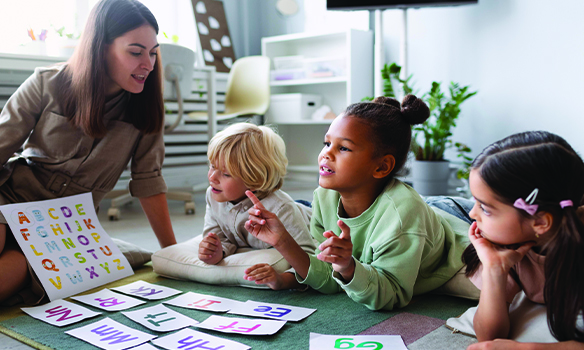
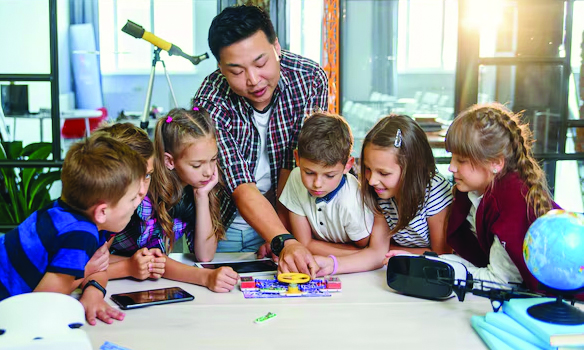

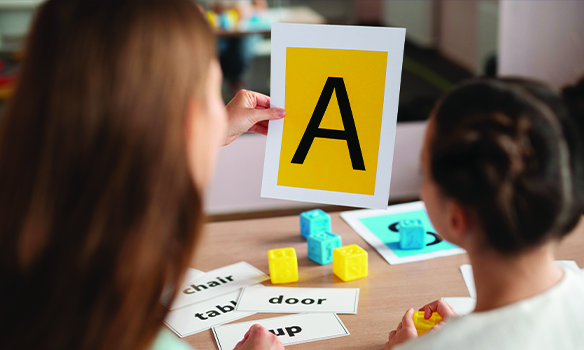


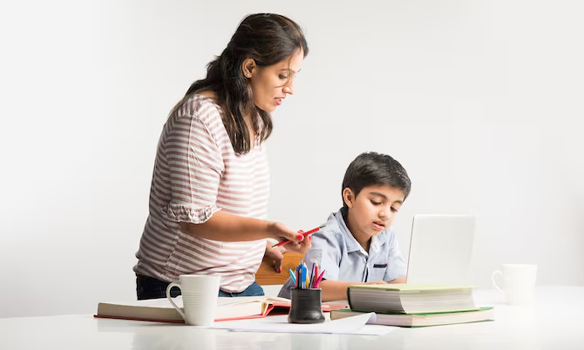




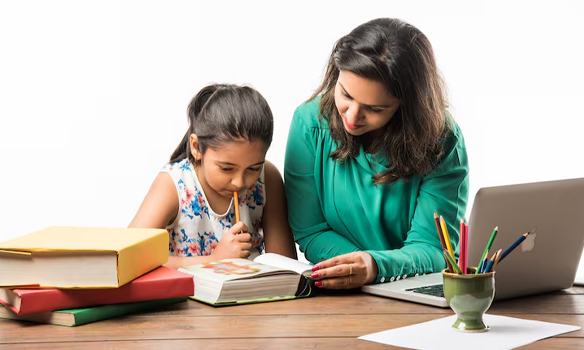
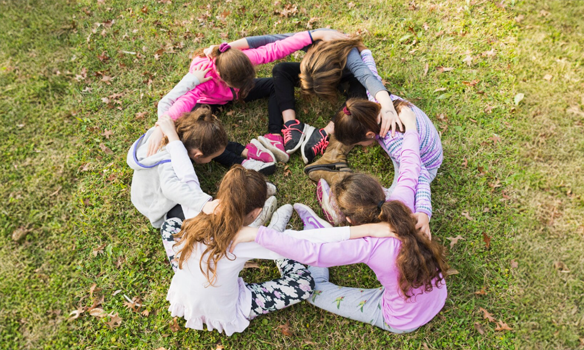



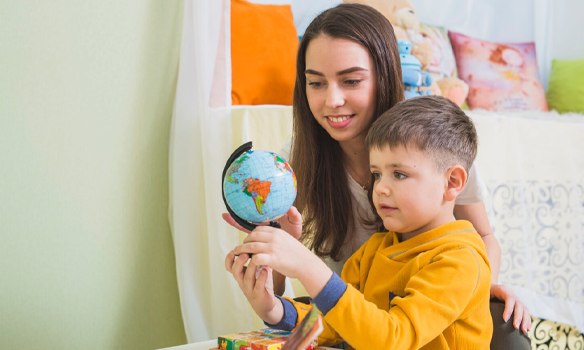
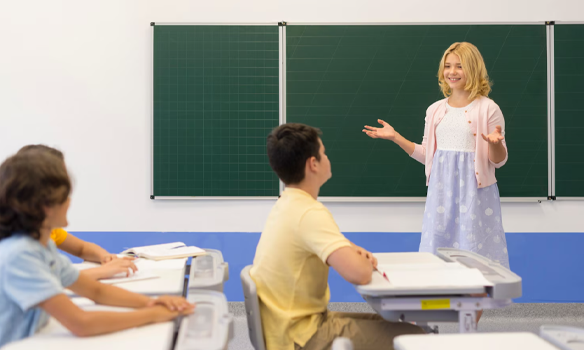

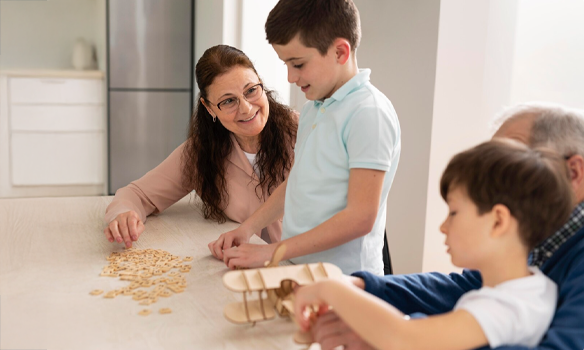

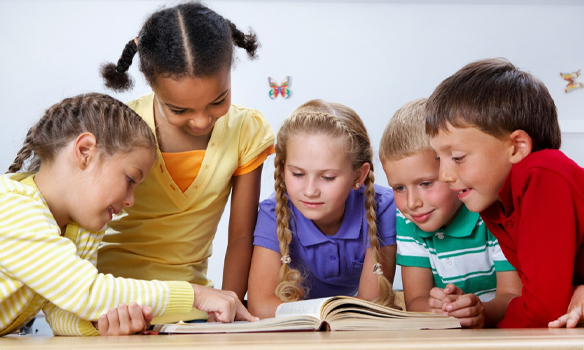









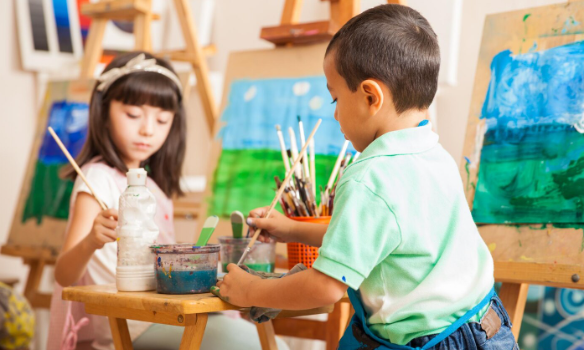

.jpg)
